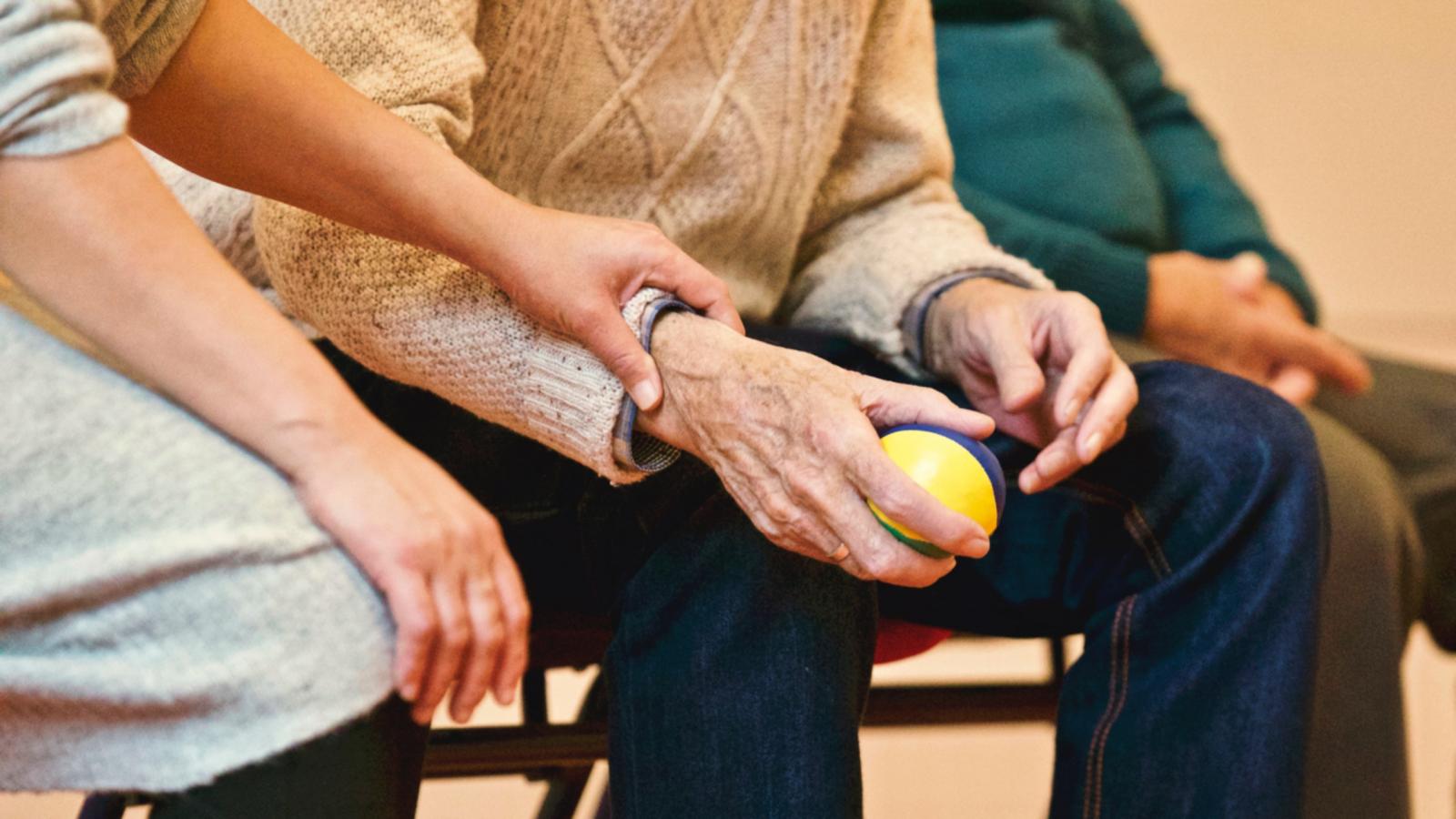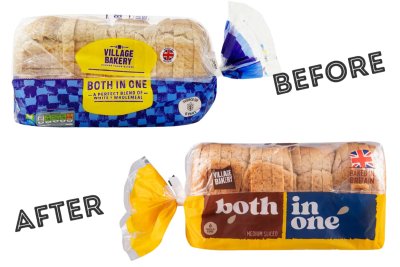 Photo credit: Pexels
Photo credit: Pexels
If you can't afford food, you can't shield, self-isolate or stay at home
Archived project
Please note that the content on this page has been archived and is not actively reviewed at present.
Sustain and the Food Foundation are increasingly worried that millions of vulnerable people are missing from government plans to support access to essential food during the Covid-19 coronavirus outbreak.
- 860,000 of the people identified as especially vulnerable to Covid-19 cannot afford adequate food.
- 3.9 million people who are not clinically vulnerable cannot afford adequate food.
- Additionally, some people have no recourse to public funds and cannot afford adequate food, nor other basic necessities.
- More people are falling into poverty due to job losses and may soon not be able to afford adequate food - 0.5 million are already seeking to register for Universal Credit.
Economic vulnerability must be addressed at national government level systematically as part of the Covid-19 coronavirus emergency and resilience response. We also urgently need a food aid task force, led by a single government minister, to assess need and coordinate across government.
Further details of the groupings of people who are food insecure, and hence less able to provide for themselves and be able to follow the Government's advice to stay at home, are provided below.
860,000 people identified as especially vulnerable to Covid-19 cannot afford adequate food
The Food Foundation estimates that among the 17.6 million people who are medically vulnerable (over 70 years old, underlying health conditions and pregnant women), 860,000 people are either experiencing “low food security” or “very low food security”. This means that they are unlikely to be able to follow the imperative to shield for at least 12 weeks because they are on a very low income and already cannot afford adequate food. They are unlikely to have the money to order food online, nor to be able to give money to neighbourhood volunteers to buy and deliver it for them.
Local authorities and Local Resilience Forums are starting with 50,000 food parcels and are making hypothetical plans for the provision for a ‘worst case scenario’ of 400,000 food parcels per week for the clinically extremely vulnerable. So we are concerned that plans may not have taken into account the factor of 860,000 experiencing economic vulnerability and hence food insecurity.
3.9 million people who are not clinically vulnerable cannot afford adequate food
We are also concerned about the 3.9 million or so additional people at ‘normal’ risk from the virus (i.e. those who are not identified as either clinically vulnerable, aged over 70 or pregnant) who already experience either ‘low’ household food security or ‘very low’ household food security. Research conducted by YouGov fo the Food Foundation shows that many households are already needing to borrow money to buy food.
These people are unlikely to be able to follow the advice to stay at home or self-isolate because they cannot afford adequate food. A proportion of these currently seek support from charitable food banks or food aid providers, receive welfare assistance crisis payments from local authorities or are in the care of voluntary sector or charitable organisations such as homeless hostels or domestic violence refuges. We are deeply concerned that the government’s plans to help them meet their basic food needs currently focuses almost entirely on charitable responses rather than ensuring that food-insecure people have sufficient money simply to buy the food they need. The food banks, food aid organisations and local food distribution charities that we work with are asking for these people to be lifted out of the need for charitable food aid, as an immediate priority.
Some steps have been taken by government, local authorities and voluntary and community sector groups to address some of this need, but there are many significant gaps. Food banks, food aid providers and local food distribution charities are stepping up admirably to provide food for people with the least money or in the most need, but the demand is already increasing dramatically and the availability of food supplies, volunteers, premises and closure of local outlets are already causing significant challenges. The Chancellor and Department for Education have made some helpful commitments; the Department for Work and Pensions has been less helpful (even though they have arguably the biggest role to play in mitigating this situation, by releasing more money into the social security benefits system). A new charitable fund from the National Emergencies Trust has raised an impressive £12.5 million from public donations to help, and city leaders such as the Mayor of London are supporting charitable appeals for public donations of money and food.
But this is a drop in the ocean of what will be needed for economically vulnerable households to be able to access the food they need. As an absolute priority, there needs to be an immediate uplift to social security payments, to cover adequate food, to meet the needs of 3.9 million people in this national emergency.
Additionally, some people have no recourse to public funds and cannot afford adequate food or other basic necessities
Government must also recognise that some people are not currently supported by the social security system at all, such as those with No Recourse to Public Funds. State provision must also be made for these people to help them maintain social distancing and have access to basic necessities such as food, shelter and medicines.
And more people are falling into poverty due to job losses and are unlikely to be able to afford adequate food
Additionally, we are concerned about the estimated 0.5 million or so people that media reports suggest are seeking to sign up for Universal Credit following loss of jobs and contracts. They will face a five-week wait with no income or a repayable loan, and after those five weeks will find that they are unexpectedly on an income of less than £100 per week, from which loan repayments will also be expected. The Food Foundation’s You Gov polling shows that an estimated 3 million people have already borrowed money as a result of Covid-19. This is likely to contribute to an unexpected rise in emergency food needs and food insecurity associated with this. The frontline food charities that we work with are deeply worried about this.
Statement to government, 30 March 2020
Kath Dalmeny, Chief Executive of Sustain: The alliance for better food and farming; also a member of the London Food Board; advisor to the London Resilience Forum; advisor to the Sustainable Food Cities Network; and a member of the steering group for the End Hunger UK alliance.
Anna Taylor, Executive Director of the Food Foundation; also Chief Independent Adviser to Henry Dimbleby for the development of the National Food Strategy; also a member of the London Food Board; and board member for the Emergency Nutrition Network, the International Food Policy Research Institute based in Washington DC, Veg Power and Biteback 2030.
Coronavirus Food Alert: Sustain's work on food resilience in the COVID-19 coronavirus pandemic.We are helping secure food for vulnerable people and supporting local emergency responses.
Sustain
The Green House
244-254 Cambridge Heath Road
London E2 9DA
020 3559 6777
sustain@sustainweb.org
Sustain advocates food and agriculture policies and practices that enhance the health and welfare of people and animals, improve the working and living environment, promote equity and enrich society and culture.
© Sustain 2025
Registered charity (no. 1018643)
Data privacy & cookies
Icons by Icons8


